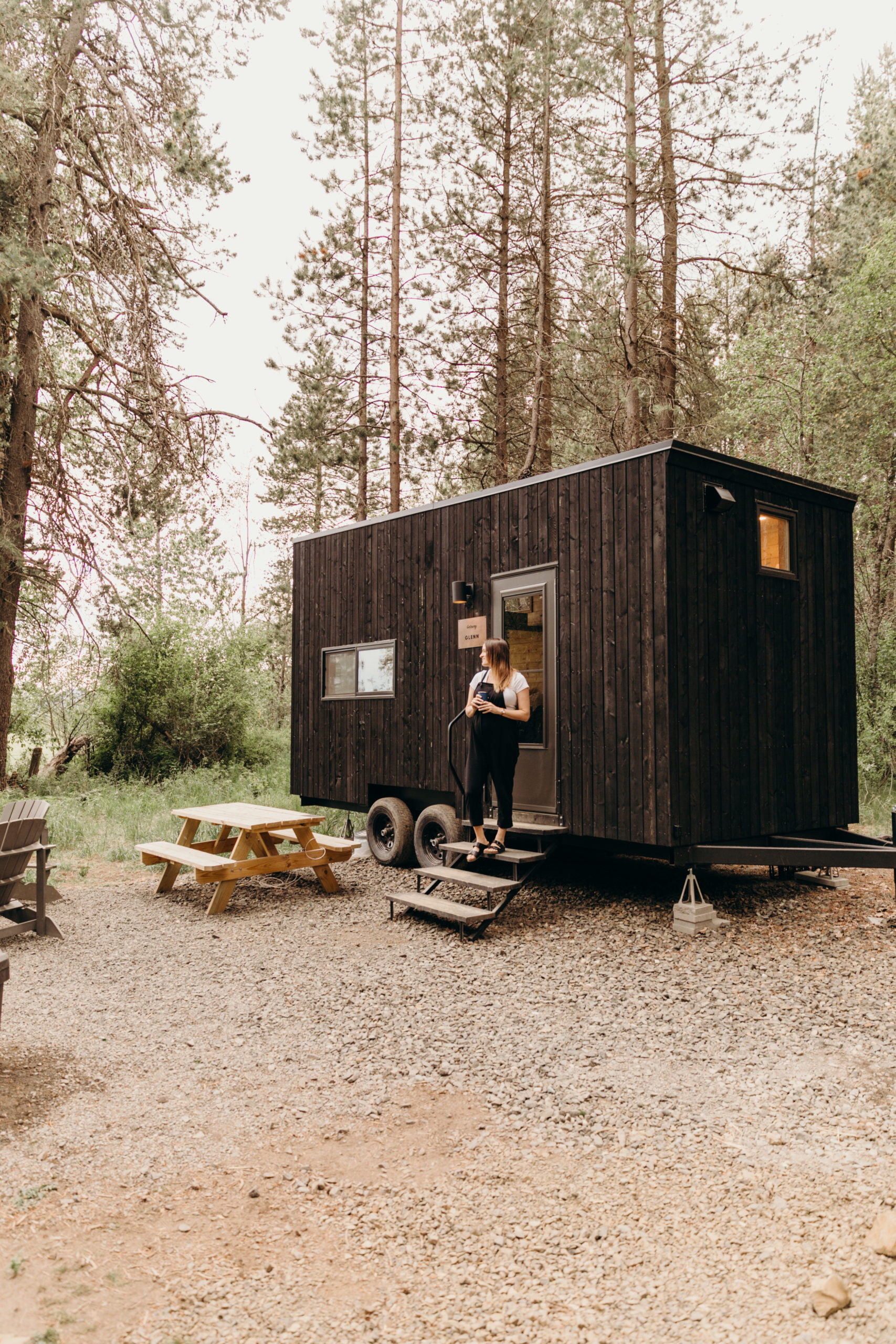Life is stressful. Our lives are stressful.
Imagine that you are going about your day feeling comfortable and relaxed, and then something stressful happens. You get stuck in traffic, you have an argument with someone, or you get a really obnoxious email. Suddenly, you have aroused stress within your body.
We listen to podcasts, watch news stories, read articles or books on how to remove stress from our life. The truth is, we will never eliminate stress entirely from our lives. That’s just life. Why would we aim for something that’s never going to happen?
We are constantly in a heightened state of mind, and while in a heightened state we then react to a perceived stressful event. We’re never, or rarely, perceiving a sense of safety. Our bodies unconsciously are ready for something to be wrong.
So, instead of spending time on things we cannot change – stress in our lives – let’s spend time on how to better cope with and manage our stress.
But, before we get into how to combat stress on a daily basis, we first need to understand how stress occurs and the effects of it on our bodies.

Dr. Alexandra Crosswell is a wellbeing scientist with a PhD in Health Psychology who studies the effects of stress on the brain and body. In April of this year, in recognition of Stress Awareness Month, Dr. Crosswell met virtually with Getaway to talk about all things stress. Here are some of the key takeaways we learned from her.
Stress is a threat response.
If you feel that you’re in danger, either physically, socially, or psychologically, there’s some danger that you’re perceiving, and when that danger is perceived, your body has a response.The sympathetic nervous system in your body becomes activated. This response is commonly known as the fight, flight, or freeze response that activates your cardiovascular system. It gets your heart and blood pumping, and you begin sweating in your hands. Your entire system is revving up to respond to a perceived danger.
When your sympathetic nervous system is activated, a multitude of nerve fibers go down to the level of the cell to change how your body is functioning at a cellular level. The nerve fiber is saying, okay, it’s time to increase production of stress hormones and heart rate.
On the other hand, the parasympathetic nervous system is the response that dampens down that response to the perceived danger.
In the parasympathetic system, there is one nerve, the vagus nerve, which is responsible for the relaxation response. This one nerve supplies every organ within the body.

So, how do we modulate a response from our parasympathetic system and become more intentional in practicing how to become parasympathetically dominant?
How can we combat stress?
Identify a place where you feel physically, mentally, and physiologically safe. Physically safe means that there’s no threat to your body. Socially safe means that there’s no threat to who you are as a person. Psychologically safe means that you have no anxiety provoking thoughts that drive stress arousal. Think of a place that checks all of these boxes and visit it often, whether in person or via your imagination.
Integrate downtime into your daily schedule. What does your day-to-day calendar look like? Are back-to-back-to-back meetings your weekly norm? It might seem like we have no time for breaks, but chances are you can fit 10 minutes of decompression time into your day. Take a walk outside or sit in a lounge area and listen to music or an audio book. Simply find give yourself the time to just be, to block out the noise – even if it’s just for 10 minutes.
Name it to tame it. It’s a simple phrase we use at WYLD to help our participants practice faster recovery from stress, anxiety, or feelings of depression. Putting your feelings into words (whether out loud or written) actually decreases the intensity of those emotions – it’s a psychological process researchers call “affect labeling.” So, what are some simple ways you can weave this mantra into your daily routine? Spend 2-3 minutes of journaling in the morning or over your lunch break to tap into your emotional state of mind. Or, make a coffee date with a coworker or friend to express and really own how you feel.
Meditate. Meditation apps are all the rage, and there’s a good reason. The practice of mediation and deep breathing directly benefits our psychological well-being. When you slow your breath, you activate your parasympathetic nervous system, and you tell your body to stop making stress hormones.

These are just a few ways to help trigger your parasympathetic nervous system to become activated. There are many other ways to do so including getting out in nature.
To learn more about Dr. Crosswell’s science on stress and wellbeing, check out a recent IGTV live on Getaway’s Instagram with fellow WYLD Guide Shantae J.
Interested in connecting with a WYLD guide? Email them at [email protected] to get your session scheduled and they will match you with a coach that fits your professional and personal goals. Mention promo code WYLD20 for 20% off (this includes a CliftonStrengths code to take the behavioral assessment). A coaching session with a WYLD guide will be tailored to your self development needs, whatever you lead… a business, a family, a team, or your own self through the day, gift yourself the time and space to reflect and grow.

Need an escape to destress? Book your Getaway today.

